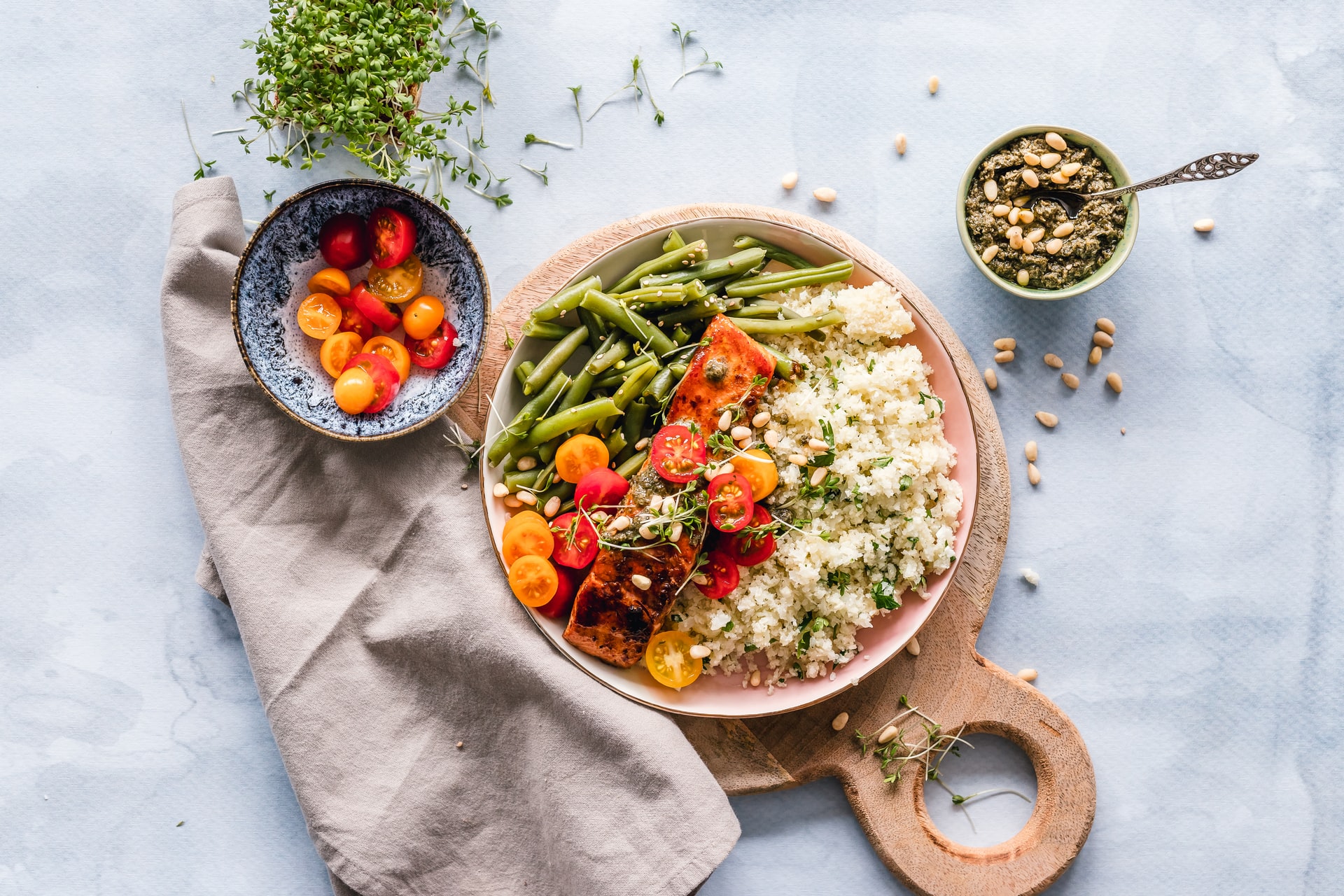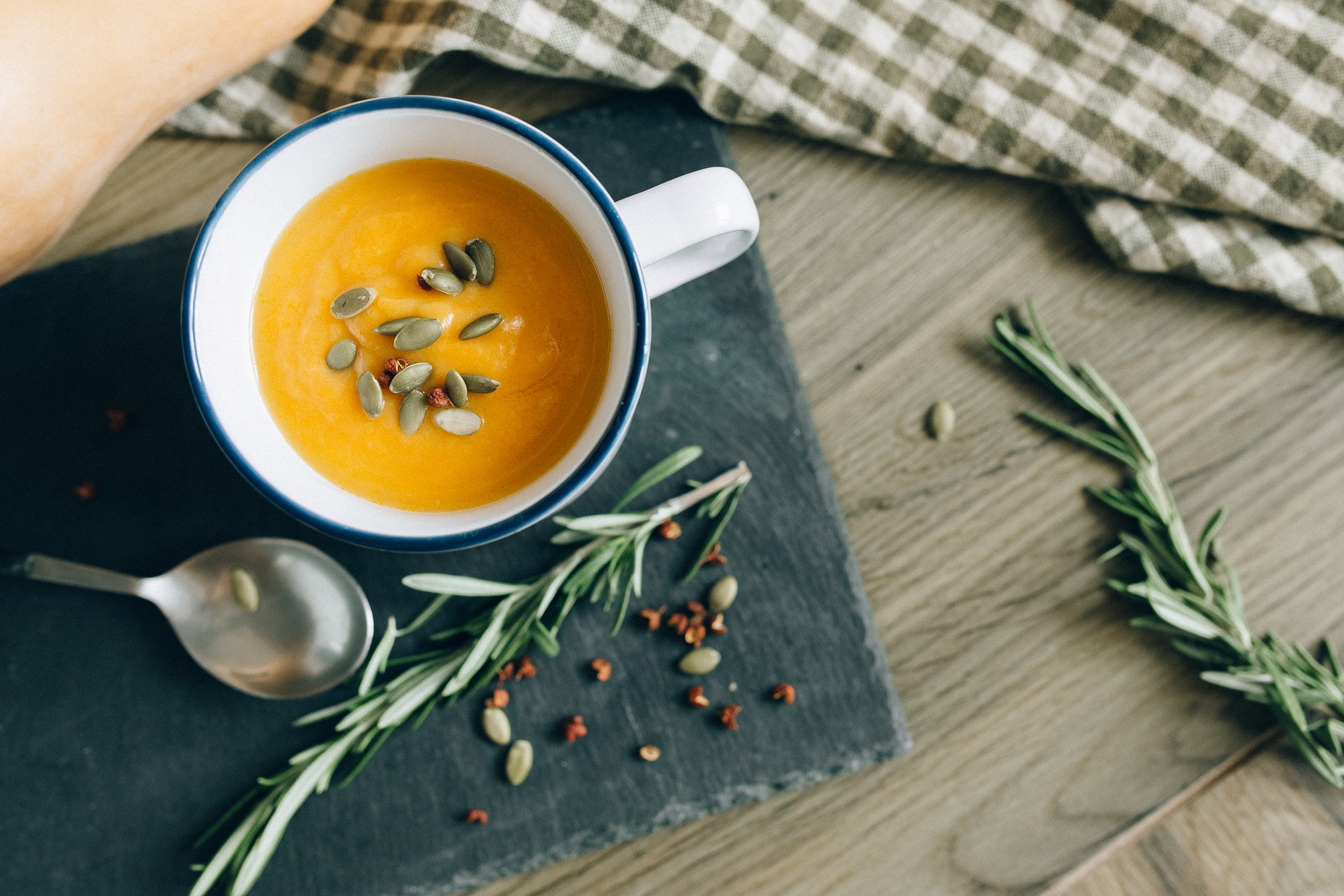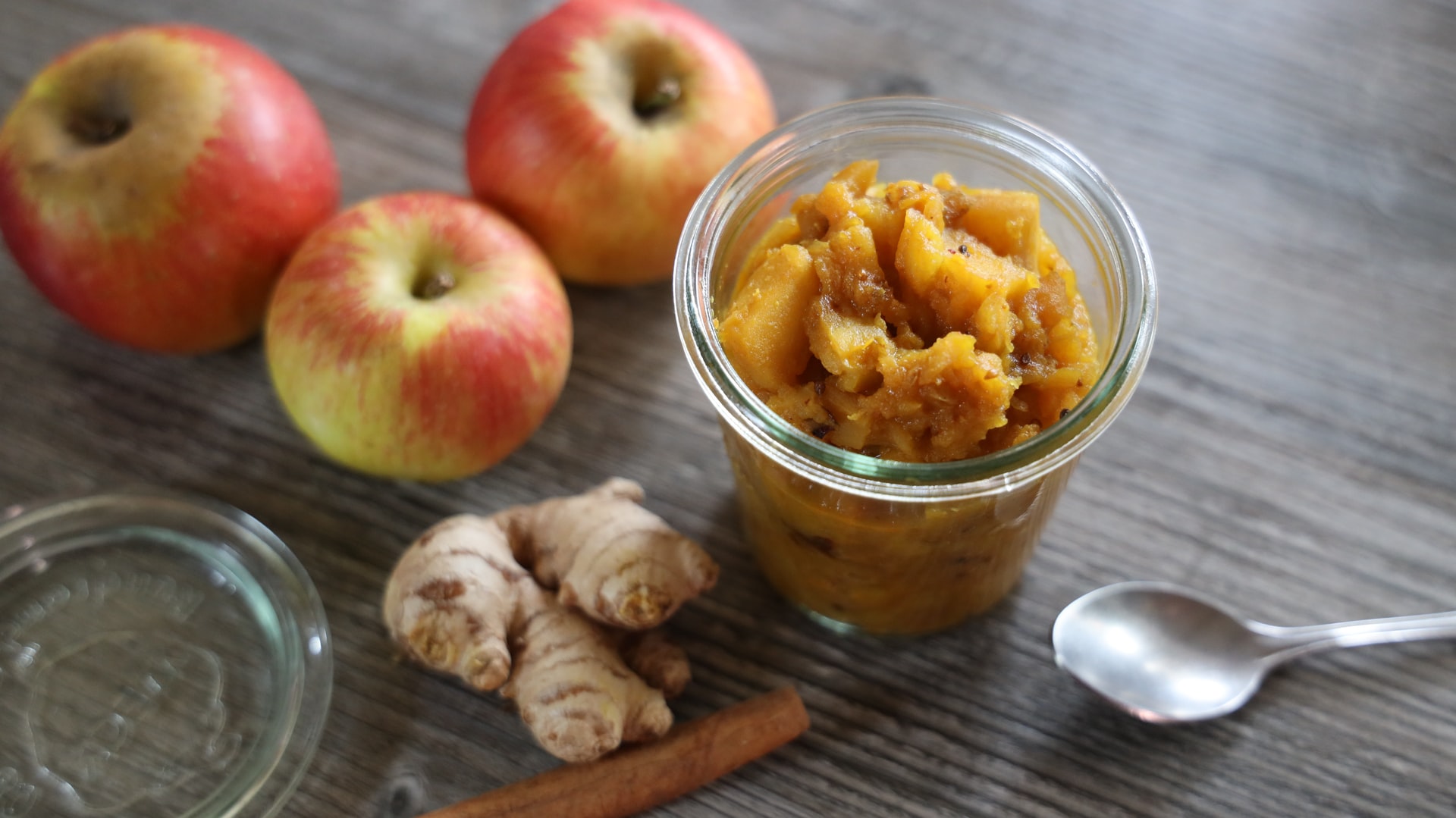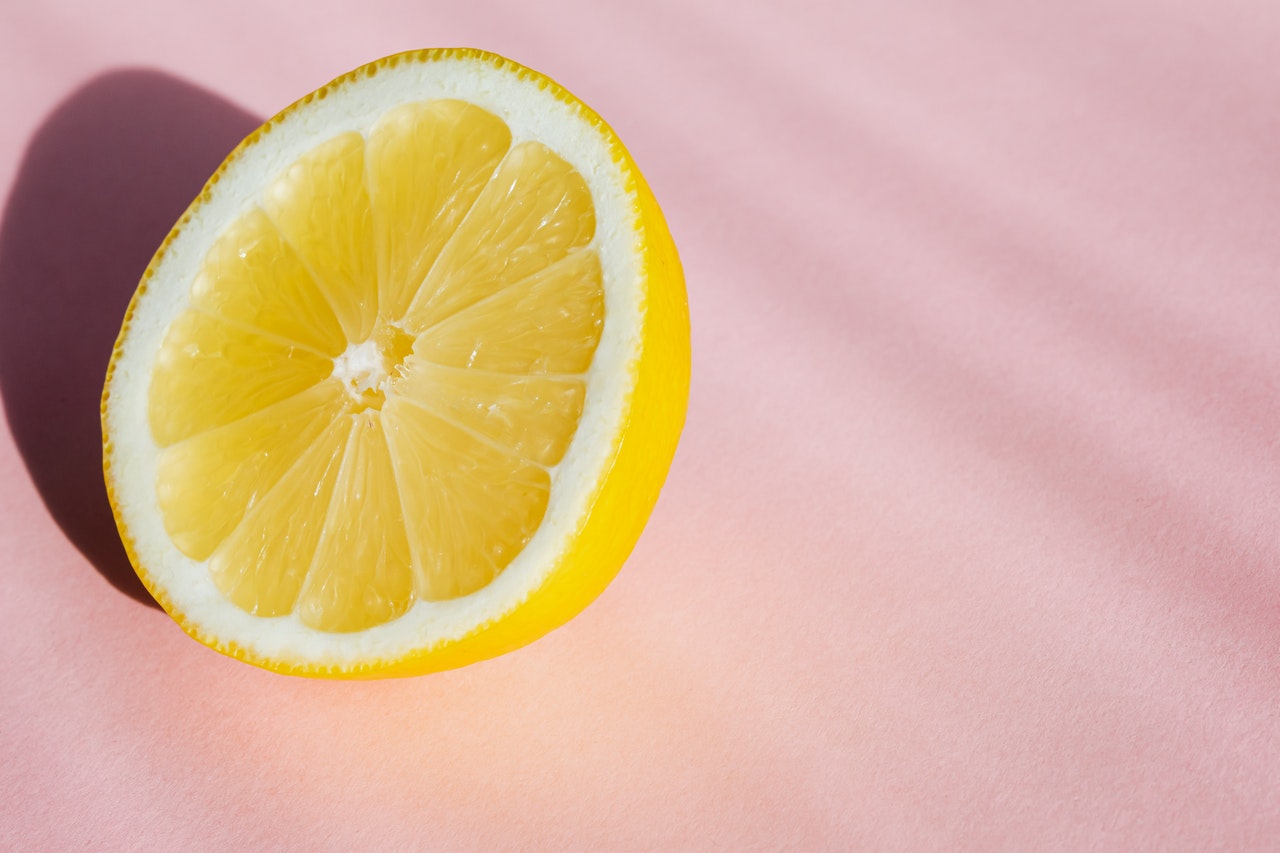Health WellNews
Change your diet, change your blood
What is diabetes? Type 2 diabetes is an epidemic in the west and is usually caused by the production of too much insulin. Why is there too much insulin? Simply put, the insulin is there to combat the amount of glucose in the blood. And carbohydrate foods are quickly turned into glucose in the bloodstream. A diabetic’s blood is tested over a period of 90 days. A popular treatment protocol is using medication with more insulin to bring blood glucose down, but dramatically reducing the amount of carbohydrates consumed actually treats it from a ‘Ben’ level.
In Chinese Medicine we talk about the ‘Ben’ and ‘Biao’. The Ben is the root of the issue and the Biao is the manifestation. In this case the Ben would be the amount of carbohydrate consumed and the Biao would be the body over producing insulin to combat it. When looked at in this way it becomes obvious that to medicate with more insulin may not only be unnecessary, but it could potentially do more harm by perpetuating the long-term progression of the disease, which can lead to more dire symptoms.

Acupuncture treatment can help us to treat the ‘Ben’ by strengthening the organs of the Stomach and Spleen. In Chinese medicine, the function of the Spleen also includes the Pancreas and is often called the Spleen/Pancreas Official. The pancreas is the organ which western medicine understands to produce insulin, which regulates blood sugar levels. When the Spleen meridian organ system is out of balance, it tends towards deficiency and weakness. When the Spleen is no longer functioning properly, we tend to crave sugary foods. The more sugar we eat, the more we can weaken the function of the Spleen, and then the more we crave.
According to Chinese medical thought, almost all addictions stem from some sort of meridian and organ imbalance. The cure for addiction is to strengthen the Qi of the affected organ, the most effective way to do that is through acupuncture treatment which works on the Qi level.
Traditional Chinese Medicine diagnoses for the disease is very different, it looks at differentiations of patterns – meaning different patients present with different patterns of diagnosis according to their varying constitutional types and lifestyle factors. Chinese medicine says that Yin is always deficient, whether that is Lung Yin in the case of diagnosis with excessive thirst. Stomach Yin in the case of diagnosis with excessive hunger, or Kidney Yin in the case of diagnosis with excessive urination. Ways Chinese medicine treatment can bring the Yin back into balance is acupuncture, herbs and rest. In a nutshell, Yin is stillness, rest, sleep. Yang is our active mode. The reason many westerners are imbalanced in their internal Yin is they do not rest enough. This is something simple we can all do more of for greater health.
So in summary the best ways to treat and even reverse your type 2 diabetes diagnosis are diet – reducing sugar and carbohydrate intake to a minimum. And seek out alternatives that can help – acupuncture can help to strengthen organs of digestion helping to reduce sugar cravings. The integration of acupuncture with herbs, can quickly rebalance the internal Yin and Yang of affected organs. More rest – be more Yin!
Foods to address diabetes (Type 2)
- Beans/legumes
- Dairy products
- Dietary fiber
- Dried fruits
- Fish
- Fruits
- Nuts
- Plant protein (decreases the risk of type 2 diabetes in females)
- Polyunsaturated fats
- Seafood omega-3s
- Seeds
- Vegetables
- Whole grains
- Yogurt
Foods to avoid to reduce the risk of diabetes
- High glycemic index and high glycemic load foods
- Nonnutritive sweeteners
- Processed meats
- Red meat and processed meat
- Sugar-sweetened beverages
- Total protein and animal protein
- Trans-fats
- Unprocessed red meats
- Yogurt
Balance Your Sleep Cycle
Insomnia is a growing problem in the Western world. Recent polls show approximately 60 million Americans suffer from some sort of insomnia and nearly nine million of those take a prescription sleep aid. Wow. These numbers are far too high and even though there are lots of alternative and natural methods to fight insomnia, more and more people are going to the doctor to get a prescription. The drawback? Most prescription medications have numerous and sometimes deadly side effects. So let’s look at some ways to get the sleep cycle back on track without turning to prescription medications.

One of the great things about technology is you have everything virtually at your fingertips 24 hours a day. But there’s a lot to be said for unplugging from the Internet. Camping has shown to completely reset the sleep cycle of insomniacs. Your body will actually be able to reset itself after a couple of days, thus allowing your circadian rhythms to do their job and get you back into a proper sleeping pattern. Another way to reset your sleep cycle is to stick to a routine. Set a bedtime and stick to it. This way you are actually training your brain to go to sleep. Do the same things nightly before going to bed too, like having a cup of tea or reading for 30 minutes.
Pay attention to lighting. At night, your house and especially your bedroom should be dark, this signals the brain that it needs to start shutting down. That’s why you should not have a television in the bedroom. Also, when you wake up in the morning, be sure to turn on lots of bright lights or open the shades to let in natural light. This signals the brain to wake up and get going. Doing this regularly will help train your brain and balance your circadian rhythm. Get in some daily exercise. Studies show that people who exercise regularly tend to sleep better and also feel less drowsy in the morning. But make sure to do the right types of exercise at the right times. Save intense exercise classes for mornings and do something more relaxing before going to bed, like bedtime yoga.
Stop ingesting caffeine, alcohol and nicotine. Coffee and caffeine-laden sodas may wake you up in the morning, but if you drink them with dinner, you’re setting yourself up for a restless night. Just do the best thing you can for your body and give up caffeine altogether. Also, many people think a glass of wine or a beer before bed is a good way to unwind. Wrong. Alcohol may bring on sleep initially, but a few hours after you lay down, it acts as a stimulant, causing you to wake up multiple times throughout the night. It’s best to have your last drink about three to four hours before you plan on going to bed. Nicotine works in the same way, just say no and get some sleep instead. Go easy on the late night meals/snacks. When we eat too much too late at night, we set ourselves up for a restless night. Indigestion from eating too late is common. If you’re still hungry right before going to bed, try something light and healthy, like a tablespoon of peanut butter or a handful of almonds.
Give acupuncture a try. Acupuncture balances hormones and fixes imbalances in the body. Thousands of acupuncture patients have gotten favorable results when it comes to insomnia. And, should you need a sleeping aid, herbal formulas are a much better solution to prescription medications. There are many ways to battle insomnia and balance your sleeping patterns. We have mentioned just a few here. So give them a try, find the ones you resonate most with and stick to it. Life can only get better if you do.
Tea for ZZZZs
Getting enough zzzz’s is vital for your body to renew, recharge and rebalance. When you sleep (a good night’s sleep) your body heals and grows stronger. If you’re not getting enough of it, eventually it can affect your health and wellbeing. Below is a list of herbs known to help you catch more solid zzzz’s.
But keep in mind, always check in with a professional. Herbs are medicinal and you should talk with someone who knows how to properly administer them.
- Valerian Root: Helpful when you’re having a hard time sleeping due to anxiety or stress.
- Poppy Plant: Acts as a mild sedative to help encourage a deep sleep when you’re feeling restless and achy.
- Chamomile: Contains antioxidants that help promote sleepiness and alleviate insomnia.
- Lavender Buds: Can improve your sleep quality and relax you too.
Foods for the Winter Season
Everybody knows that food is what gives our bodies the energy we need to survive. But not everybody is aware that certain foods should be consumed during specific times of the year. In areas like the Midwest, where fruits and vegetables are harder to keep on hand when the weather becomes colder, this principle is followed a little more closely. But in areas like Hawaii and Southern California, where fresh fruits and vegetables are always available and the climate is more moderate, people sometimes forget to eat according to the seasons.
Traditional Chinese Medicine is a medical system that has been around for nearly 4,000 years. When this system came into being, people were much more in tune with the seasons and their environment. The foods they consumed were based on the seasons and when those foods were available. This is a system that should be followed for people to remain healthy throughout the year, regardless of where they live.
In Traditional Chinese Medicine, winter is a time of reflection and rejuvenation. The body needs the extra hours of darkness to repair. The kidneys are the center of energy in the Traditional Chinese Medicine system and thus, they need to be nourished during the winter months. It is recommended we consume foods that are warming and that will boost the kidney energy. We also need to eat foods that benefit the Shen (spirit) so that the winter months don’t bring about depression.

Things like soups and stews are extremely important during the cold winter months. Energetically, warming foods such as anchovies, bay leaves, chestnuts, chicken, fennel, leeks, mussels, mutton, nutmeg, pine nuts, sweet potatoes and walnuts are all great to incorporate into the diet. Also, foods that boost kidney energy are just as important. Items like millet, sesame seeds, kidney beans, lamb, beef, goose, duck, eggs, grains, seeds and nuts are all good tonics for the kidneys. Bone broth is another important food to consume during the winter months, as it supports the bones and the kidneys. It is recommended that the foods be cooked for longer periods and at lower temperatures to retain as much energy as possible. It is also advisable to eat more food with bitter flavors while reducing salty flavors, so that heart health is promoted and the workload of the kidneys is reduced. Bitter-flavored foods include apricot, asparagus, celery, coffee, tea, grapefruit, lettuce, kale, vinegar and wine.
One of the most commonly used foods is something known as congee. Congee is a thick grain-based soup or porridge. Congee is used in a preventive fashion to promote good health and strong digestion. Congee can be made with a single grain, like brown rice, or a combination of grains, beans, vegetables and medicinal herbs. Incorporating this item into the daily diet will improve energy levels over time. Congee is prepared in a crock pot overnight, which fits in perfectly with the aforementioned principles of slow cooking at lower temperatures. It is said that the longer the congee cooks, the more powerful it becomes.
Kidney Bean, Tomato & Winter Squash Soup
- 2TBSP butter
- 1 medium red onion
- 4 cloves of garlic, halved
- ½ cup chopped celery
- ½ cup chopped parsnip
- ½ cup chopped yam
- 14 oz plum tomatoes
- Pinch of rosemary
- 3 slices of ginger
- 1-2 small dried hot red peppers
- 1 15 oz can of kidney beans
- 5 cups of water
- 3 cups of Kombachu or butternut or hubbard squash, diced into 1 inch cubes
- Salt to taste, ground pepper
- 1 TBSP balsamic vinegar
- Chopped cilantro/parsley garnish
Heat the butter in a saucepan oven and add the onion. Cook until it is just softened. Add the garlic, parsnip, yam and cook for about 3 minutes over medium heat. Add the tomatoes, rosemary, ginger, peppers, beans and water. Bring to a soft boil, reduce heat, cover and let simmer for about 1/2 hour – stir occasionally. Add squash and simmer for about 1 hour until the squash is tender. Check liquid levels, add water if necessary and don’t forget to stir occasionally. Add salt and ground pepper, adjust seasonings to personal taste. Garnish each bowl with a sprig of cilantro or parsley.
Autumn Immunity
ARMED & READY
Autumn is the season for strengthening our immune system! According to the 5 Element theory of Chinese Medicine, Autumn is the season of the metal element. The metal element is all about structure and boundaries and this is why it is the perfect time to reinforce our defenses when it comes to health and immunity.

Organs of the season: Lung & Large Intestine are the organs of the metal element and the Autumn season. Together these organs form a protective layer against pathogenic factors that often enter through the respiratory and digestive systems. Their Chinese medicine function further explains their role in immunity. Lung commands the qi in the body and has a strong influence on what is called the wei qi or protective qi. Lungs also control skin, the biggest and most outward organ. They regulate the pores, controlling the opening and closing of the pores and help us to sweat when we need to push pathogens and toxins out of our system.
The Lungs are paired with the large intestine, which in western medicine is closely associated with immunity due to the role of the microbiome in preventing infections. In Chinese Medicine the large intestine function of elimination is the main focus. The process of eliminating body waste is crucial to prevent auto-toxicity and a sluggish system that can not defend itself efficiently. In addition to eliminating food waste and toxins, the large intestines are thought to help us move long-standing emotions out of the body. It is the organ that helps us let go.
The emotion of the season is grief as this is the time to shift more inward and release any excess. It is a time in nature when the bright fire of summer life and activity slows down and things begin to die as part of the cycle of nature. This brings with it an instinctual feeling of sadness as we mourn the loss of that life and begin to prepare for the quiet of winter. Any feelings of loss we have felt in our lives can present themselves during this time if we have not fully processed and released them.
Immune Support Tips:
The best way to support the body’s defenses is to bring it into a natural balance with itself and its environment. So, during the fall season, making sure to support the function of the Lungs and Large Intestine will have a lasting effect on immunity year-round.
Breathwork: cultivate your qi and enough oxygen to power your life by applying a little more awareness to your most intuitive function, your breathing. Breathe slow and deep and with loving intention.
Gentle exercise: will help strengthen your lungs and open your pores for sweat.
Dry-brush: your pores are breathing too. Help keep them clean by implementing a dry-brush routine for your skin before showers.
Sleep: the transition from summer to fall is a transition from yang to yin and therefore a time to slow down and get to bed earlier as the days get shorter. Your organs need the rest for repair and will thank you.
Avoid cold, damp (like dairy) and raw foods that slow the digestion and can create phlegm that burdens the lung function.
Eat healthy sources of fiber (nuts, seeds, lentils, legumes, whole grains, veggies and fruits) which assist the large intestine’s job of elimination and help to prevent constipation.
Stay hydrated: both the lungs and large intestines need the right balance of fluids to function properly and can be prone to dryness during the fall season.
Probiotics: Enrich your gut flora and mucosal immunity with fermented foods and probiotic supplements.
Feel and release grief: allow yourself to mourn loss in your life. Think: less judgement and more compassion. The more you make room for actually processing your feelings the easier it is to let them go and move on.
Chinese herbs: Immune boosting herbs like Ginseng, astragalus, cordyceps, and schisandra can lift the qi, nourish the lungs and help fight infections when needed.
Get ready for a fresh start in September with some immune-boosting acupuncture and Chinese herbal therapy! Give us a call today!
Healthy Breakfast Ideas for Fall
Better Breakfast Month
Originating during the first 2 world wars, September was promoted as ‘National Breakfast month’ to encourage citizens to eat a healthy meal before work or school to help concentration throughout the day. Better Breakfast Month, was again encouraged by the Cereal Institute in 1951, but we’ve come a long way since corn flakes and grape nuts. The message to take in quality nutrients in the morning to prepare us for the day makes sense in Chinese Medicine terms as well, but we can adjust some of the suggestions to fit TCM nutritional and seasonal guidance.

Timing: According to the ‘qi clock’ the stomach channel is most active between 7-9 am. This is an ideal time to take in nutrients, while 9-11am is spleen time when the spleen function of transforming food into qi takes over. 12 hours later these organs are in their resting phase so it makes sense to have a light dinner. This resounds with the old adage:
“Eat breakfast like a king, lunch like a prince and dinner like a pauper.”
Warming food and drinks: TCM reminds us that it’s best to start the day with warm foods as they are easy on digestion. Try a warming herbal tea such as ginger. Or if you can’t go without caffeine in the morning, opt for green tea which, despite being cool in nature, balances out the stimulant effect of caffeine with theanine, an amino acid that improves cognition but also soothes and calms the nervous system.
Don’t let your leftovers go to waste! Dinner for breakfast is a great way to have a warm cooked meal in the morning, such as a soup or stew. Proteins can be sourced from legumes & white meat, non-processed dairy (goat/sheep), pungent, fermented foods, and free-range organic eggs.
Eat for the season! Autumn is a time to support the metal element in the body, which is associated with the color white as well as root vegetables and slow cooking methods such as roasting and baking. Consider white-colored foods such as cauliflower, potatoes, turnips, parsnips, almonds, daikon, apples, pears, rice, oats, sesame seeds, onion, garlic and white peppercorns. But don’t be shy with leafy greens, just be sure to cook them well.
Breakfast Bowls! Breakfast bowls are a great way to bring together elements of a healthy breakfast and can be savory or sweet depending on your preference. An example of a savory breakfast bowl could consist of mashed cauliflower with sautéed spinach, mushrooms, and an egg. If you crave a cheesy bite you can sprinkle a little sheep’s milk feta on top.
Grains are also very important in TCM as they have a positive effect on digestion and make a great base for a breakfast bowl, however wheat flour is considered difficult to digest and known to drain the qi. Hot rice cereal can be a quick and easy option for a warm breakfast bowl.
An old classic: Oats have long been associated with breakfast and are actually one of the best grains for breakfast as they are considered warm and sweet in nature and help to build qi and blood. They are also classified as belonging to the metal element so offer a tonifying effect on lungs and large intestine and especially appropriate for the fall season, which is the season of metal. Here’s a sweet breakfast bowl to start your day with a seasonal boost and a smile:
Overnight Oats with Pear & Walnuts
- ½ cup rolled oats
- ½ cup plant -based milk
- ½ Pear diced (asian pears have the most moistening quality to nourish lung yin for the fall season)
- 1 tablespoon chopped Walnuts
- Cinnamon and other warming spices
- Sea Salt
- drizzle diced pears with maple syrup, sprinkle with cinnamon and other warming spices (such as cardamom, ginger and nutmeg) and bake @ 375 for 5-7 minutes
- combine all ingredients into dish or jar that can be closed with a lid
- stir well
- refrigerate overnight
- *heat up in the morning while you set your daily intentions and enjoy!
Get a good breakfast and then give us a call to schedule your seasonal tune-up!
Breathwork in Lung Season
Breath is the link between the universal life force and our physical existence. It is thought of in ancient traditions as our link to the divine. The rhythm of the breath mimics the primal rhythm of the universe, the natural ebb and flow, the yin and yang. It is one of the most important tools we have in life and Autumn is the perfect season to tap into this sacred power.

Autumn is the season of the metal element which highlights the important functions of the Lung and its TCM counterpart, the Large Intestine. The Metal element is about refinement and elimination, taking in what the earth gives us, refining it and then releasing what is not needed. Breath is a perfect example of this as we inhale the air and purify it for use in the body. We then exhale carbon dioxide and other waste gases, which will in turn be used by the environment. The large intestine has a similar role in that it separates the fluid from processed food waste, and recycles that fluid back into the body while eliminating the leftover impurities.
In Chinese Medicine, the lungs open into the nose, where the refinement of air begins. Cells in our nose trap debris to prevent it from entering the lungs. Further purification of the air we breathe happens in the lungs as the oxygen is separated out, transferred to the blood and converted to the qi that the body uses for all activity.
Mystics of many traditions talk about the practice of controlling your breath in order to become a master of your qi/prana/life-force. Through the power of breathwork, you can dissolve impurities, awaken the spirit, and experience radiant health. And it all starts with the practice of simply noticing the breath in order to develop a conscious awareness of our breathing patterns. This practice of breath observation in qi gong (energy cultivation) is called normal breathing. Once we have learned how to calmly pay attention we can try what’s called abdominal breathing or “breathing like a buddha”.
ABDOMINAL BREATHING
First of all, posture is important in breathwork, so as you’ve noticed the pattern of breath while simply observing yourself, you may have also noticed your posture. Now is the time to make slight body adjustments to open up your own internal flow. It’s a good idea to gently stretch your whole body: legs, neck and back with special attention to your arms as the lung meridian runs along the inside of your arms.
You may have also noticed that normally your breath is shallow. Most adults tend to breathe from their chest. The purpose of abdominal breathing is to allow for a full breath, bringing more oxygen into the body to nourish the tissues and organs. It also slows the heart rate and calms the mind. This helps to bring the whole body/mind/spirit complex into harmony.
Now sit or stand up in a comfortable but not hunched position and start with some slow breathing. Place your right hand on your lower belly ( called the lower dantian in qi gong) and your left hand on your chest. Relax any tension in the body, and listen to the sound of your breathing. Inhale deeply from your diaphragm, while expanding your belly to allow air to sink down, allowing your chest and ribs to expand. Relax your abdomen while you do this, and gently, without force, breathe through your nose while lips are lightly touching, and the tongue rests against upper teeth and palate. Exhale completely through the mouth. Continue this slow breathing for at least 9 inhales and 9 exhales.
Qi gong offers more breathing techniques such as reverse breathing, complete breathing, and alternate nostril breathing but abdominal breathing is a great place to start to support your metal element during the Autumn season and throughout the year.
For more guidance with your building your qi this Fall, schedule an acupuncture session to open your channels and get the most out of the season!
The Joy Of Healing: How Summer Fun Heals the Heart
What comes to mind when you think of summer? For me, it stirs up nostalgia of childhood feelings of freedom, knowing that those endless days were all mine to fill with family and friends as we shared the sunshine. While “adulting” doesn’t always leave room for that kind of freedom, the promise of summer still gives us so much to celebrate.

In TCM, summer belongs to the Fire element. It is about expansion, outward expression, activity and joy. The heart is the ruler of this time. It houses the shen, or spirit, and this is the time to let the spirit dance and frolic and feel as free as possible. With the fire element in balance, the heart is happy, the mind is clear and the body maintains health with a blend of movement and stillness, excitement and peace. Summer is nature’s way of healing the heart by providing the ideal setting for all things heart-related!
So get pumped up for summer and all the healing it brings via:
Sunshine
What better way to bask in the healing power of summer than by soaking up the healing rays of sunshine. Obviously stop before you get burned, but don’t be afraid to feel that shine and let it in. When UVB rays hit human skin, they help to produce Vitamin D3, which reduces risk of heart disease, stroke, and hypertension . Those same UVB rays cause the skin to release beta-endorphins which promote natural pain-relief and a sense of well-being. Sunlight also helps the body to release nitrogen oxides, which opens up arterial flow and have anti-inflammatory effects. The exposure to sunlight is also required to set our natural circadian rhythms which regulate our sleep and wake cycles. For those of us who experience cold winters, the warmth of sunshine is one of the most welcome feelings and one of the best ways to support our fire element.
Activity
The energy of summer in Chinese medicine is considered very yang in nature. Fire is the element of extreme yang, and has a radiating, dispersing power. Think of the lively dance of fire burning. This is the time to move, get our heart pumping, and blood circulating. This is time for focusing on cardiovascular health! Summer makes this a much more inviting task with outdoor sports, swimming, hiking, or simply a walk on a warm summer night. And don’t forget to dance..never forget to dance.
Beauty of the Season
Taking care of the heart in Chinese Medicine includes making the spirit feel at home in the heart and the spirit craves beauty. Look at how the earth changes in summer. Flowers bloom, colors come alive, birds sing; there is art and music everywhere. This is a time for aesthetics and we all have our own taste. Get out and enjoy whatever stimulates your mind and heals your heart. Admire nature’s sunset paintings, smell the sweet perfume of the flowers, and let your spirit sing with the sounds of the season. Celebrate your own creative expression along with the energy of the season.
Community
The sound that belongs to the heart according to TCM is laughter and the emotion is joy. It’s no wonder that joy feels best when shared. It’s also no wonder that researchers have found that the quality of family relationships and social connection is a strong factor in heart disease prevention. So, as summer provides the warm inviting opportunities to get together, treasure your family and friends (and pets!) and find ways to connect, laugh and share your joy!
So, what are you doing this Summer? We’d like to know.
One thing that I may suggest, would be to get yourself back in here for an acupuncture summer-time tune-up! That’s one of the easiest ways that we can help manage your health and well-being. Give us a call today to schedule up your tune-up.
Summer’s Bounty
Diet Tips for Staying Balanced in the ‘Great Yang’ Season
The Great Yang season is upon us. Yang energy is bright, fiery and hot like the midday sun. Yang is the counterbalance to Yin. Yin is expressed in the cooling, calming energies of life. Together, Yin & Yang, like night & day, represent the dynamic balance between the opposing, but complementary forces that make up all of existence. These forces are ceaselessly intermingling in a sacred dance of life’s cycles. The cycle of the seasons is a perfect demonstration of this balance in motion, and as we turn the corner into summer, we reach a pinnacle in the cycle, the summer solstice. Summer is known as the “Great Yang” season because of this peak in the yang energy: the sun (ultimate yang energy) is closest to the earth and the day (yang time) is the longest at this time of year.

We, as humans, are part of nature, so these forces exist in us just as in our environment. With each changing season, Chinese Medicine offers lifestyle guidance to tune our own energy cycles to the world around us so that we can live in health and harmony.
One of the branches of this ancient medicine and health philosophy is dietetics. There are a number of simple things to consider when adjusting your diet to the energy of the Great Yang season.
In Season Fruits/Veggies/Herbs:
Time to hit the farmer’s market! It’s vital to interact with your natural environment through the food it offers. Summer is full of fresh fruits, vegetables and herbs that help to keep you hydrated, and to disperse your Qi to match the light, ascending energy of yang. Nature knows best so pay attention to what is growing well in your area as it may be exactly what your body needs to be more aligned with the energy of the season.
Heart and Small Intestine Considerations:
The heart and small intestine are the paired yin and yang organs associated with summertime and the element of fire. The heart houses the mind and it’s job is to perfuse the body with blood while the small intestine’s job is to sort and process the food received from the stomach. Blood tonifying foods like dark leafy greens and lean meat are important to ensure a blood-rich safe haven for the mind to rest, as well as enough blood to carry that energy of consciousness throughout the body. Red foods like cherries, strawberries, goji berries and tomatoes support the fire element and it’s no coincidence that these foods are rich in antioxidants credited with cardiovascular benefits. Also, have a heart when considering the important sorting job of the small intestine. We can alleviate stress on this organ by not
overloading it with nutrient-deficient, over-processed food.
Keep it fresh!
Timing is Everything:
11am-1pm is heart time according to the 24-hour cycle of energies in our bodies. Lunch time, the time when the energy is strongest in the heart meridian is also a time when our digestive fire is strong, so enjoy a mid-day meal! 1pm-3pm is small intestine time, this is the time to sort and absorb food, rest, and allow your body to process the nutrients.
Presentation of Food:
Be mindful of aesthetics when serving yourself or others food in all seasons, but especially summer, as beauty pleases the heart. What feeling does your food stimulate before you even eat it? Consider garnishing your dishes with a little extra love like a sprinkle of sesame seeds or a fresh edible flower.
Summer Recipe:
While a soup may seem like more winter-appropriate, sipping a warm soup can help the body stay hydrated and also induce gentle perspiration to keep the body cool. You can add slightly cooling (in nature not temperature) foods and herbs to the soup to balance the warm temperature. Here’s a simple summer soup to assist the heart in blood circulation and Qi dispersion while helping to eliminate excess heat.
- 6 cups vegetable stock
- 1 cup beets
- 1 cup carrots
- 1 cup corn
- 1 tablespoon roasted sesame oil
- ½ oz carthamus flowers (commonly known as safflower, this is an herb for blood circulation in Chinese Medicine)
Cut the beets and carrots into cubes and stew in the stock for 15 minutes. Cut the corn off the cob and palace the carthamus flowers in a sachet. Add the corn, carthamus sachet and sesame oil and simmer for an additional 5 minutes.
Easing Transitions with the Earth Element
We all are very familiar with Spring, Summer, Fall and Winter but why does Chinese Medicine include a fifth season and where does it fit on the calendar? According to TCM theory, the fifth season is actually that important time between the seasons, where we ‘return to center’ so we can ‘pivot’. About 2-3 weeks before the beginning of each season is a time of transition.

Each season correlates with an elemental energy. Spring belongs to the wood element, Summer to fire, Fall to metal and Winter to water. The transitional time between the seasons rightfully belongs to the earth element as this is the time when the seasonally dominant energy returns to the earth to be transformed into the next seasonal energy.
The Earth Element is generated and managed in the body by the spleen and stomach. These organs are in the business of metamorphosis. As digestive organs (according to TCM), they transport and transform the food we eat into nutrition to build our blood and nourish our cells. The spleen governs the muscles, and is important in the free movement of the body. The associated orifice is the mouth and spleen Qi manifests in the lips. The Spleen is also known for housing the intellect (yi) and is involved with the thinking aspect of spirit. The color of the earth element is yellow, and the taste is sweet.
The Chinese Lunar Calendar sets the start of the seasons earlier than our Gregorian calendar, so if we are following the seasons according to Chinese Medicine we can anticipate the start of Fall this year around Aug 7th. The period about 18 days prior to that date (beginning around mid-July) is called late summer, and this is the time to pay special attention to the energy of transition.
The benefit of nourishing our earth element during this time is to gain balance and stability for periods of change. The earth element represents our wide center stance from which we can safely assess the next move (picture the slow smooth movements of tai chi). The importance of core stability rings true whether we are talking about physical activity or more subtle energy dynamics.
1) Diet:
Avoid damp cold food such as ice cream as it can put a burden on the spleen that prefers warm, dry conditions. Eat breakfast between 7-9am which is stomach time according to the Qi clock. From 9-11am is spleen time. Some gentle activity is ok but as the spleen converts food to Qi, try to take it easy so you do not disrupt digestion. Avoid processed sugar while enjoying the natural balance of sweetness from the earth with foods like apples, carrots, dates, and sweet potatoes.
2) Release Worry-Patterns:
The spleen houses the intellect and is responsible for thought but can be weighed down by overthinking. This will slow its ability to transform our food. We can all think of times when worry led to unpleasant digestive experiences.
So, find ways to shift patterns of over-thinking and worry.
(Cue the serenity prayer…)
3) Yellow:
Stimulate earth energy with its color and brighten up someone’s day by wearing more yellow. Notice the yellow colors in nature, stop and absorb their frequency. And eat yellow foods: bananas, yellow peppers, lemons etc.
4) Earthing:
You know what to do. Connect direct! Get those bare feet on the ground (pesticide-free please).
Now get some Vitamin-E on those earthy lips and pucker up: you’ll be ready to give Fall a sweet kiss hello.
.jpg)